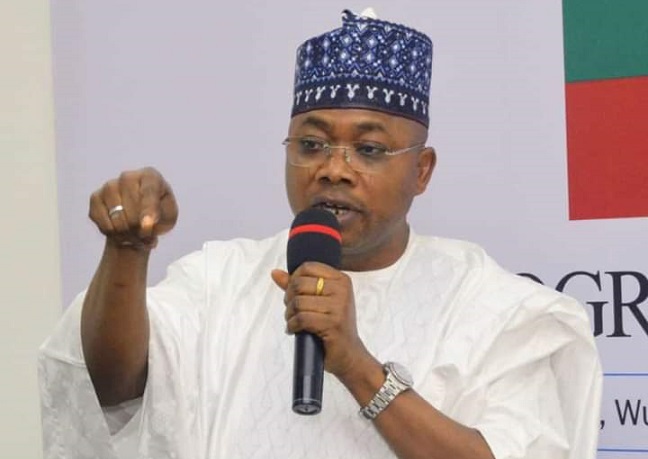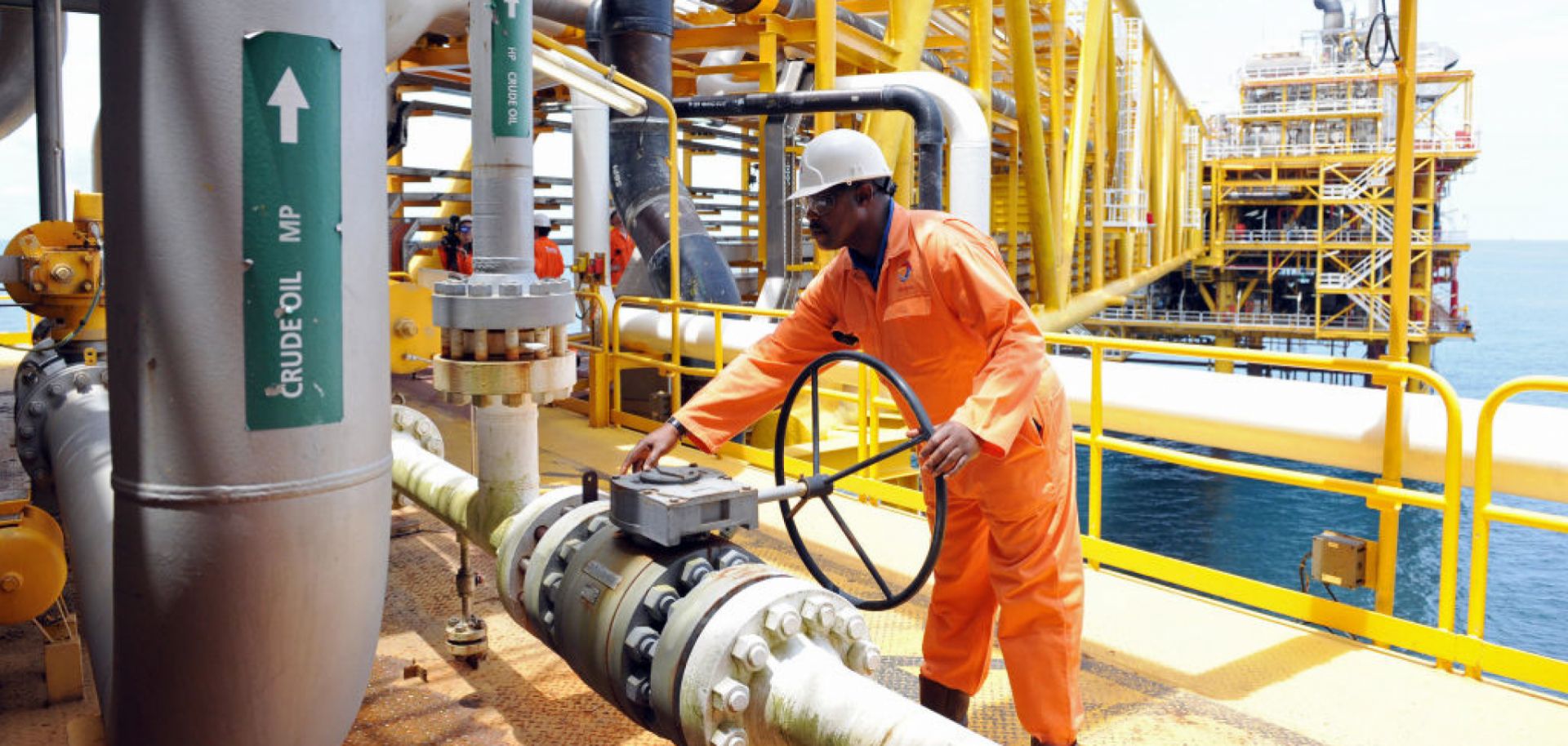The Group Chief Executive Officer of Nigerian National Petroleum Company Limited, Mele Kyari, has attributed the persistent failure of Nigeria to meet its production targets to underinvestment, theft, and rising pipeline constraints.
This was disclosed by Kyari over the weekend at a Stakeholders’ Engagement Session organised in his honour by the Nigerian Association of Petroleum Explorationists (NAPE), tagged, “An Evening with Mele Kyari: Navigating the Path Ahead.”
Kyari revealed that NNPCL is leading the effort to reverse the unfavourable trend in the oil and gas sector with its rig share programme at an event attended by some of the biggest players from the industry as well as investors, according to Thisday.
According to him, to increase production, the company planned to drill a total of 53 wells.
At the event well attended by top oil and gas industry players and investors, Kyari revealed that NNPCL was leading the task of reversing the unpalatable trend in the industry with its rig share programme. He added that the company planned to drill a cumulative 53 wells as part of efforts to ramp up production, adding that as things were, a two million barrels per day (bpd) oil production target may be unattainable.
Nigeria produced between 1.2 million and 1.4 million barrels per day year to date, lagging behind the OPEC quota of 1.58 million barrels per day in 2024 and far below the estimated 2.6 million barrels per day production capacity.
The current oil production was also below the 1.78 million bpd projected output in the 2024 national budget, with a benchmark price of $77.96 per barrel.
Commenting, Kyari said NNPCL, the government, and interested parties had a key role to play in ensuring that resources available for Nigeria’s oil production are exploited to raise output and address some of the challenges facing this country.
Kyari explained, “I can see several people who have got marginal fields. Yes, they are drilling, but they are concerned about how to take the production to market.
“Everybody is thinking of barging. We know barging is an abnormality. Nobody is going to spend at least $7, in some cases, $21 to transport a barrel of oil to the terminal. So, barging is not normal, barging is not economical, but that’s what we are doing today.
“But the good news is that there is substantial work that is being done by government that I’m aware. Nobody speaks about it. But I know that this will come to pass. It’s already subsiding. We are already seeing the results.
“I know I cannot promise two million barrels per day. It’s not possible today. But is it practical? Yes. As of today’s data, we are inching close to 1.7 million barrels per day. Should we celebrate this? No. And I can tell you why. On April 17, 2020, without drilling new wells, our production shot up to 2.5 million barrels a day.”
Kyari attributed the sharp rise in oil production during COVID-19 to the lockdown that forced oil thieves and pipeline vandals to shut down their illegal operations.
He stressed that the industry needs to address security issues and gain control of pipeline infrastructure for crude oil to be delivered to terminals and markets.
Kyari pointed out that the unattractive fiscal environment, which existed before the adoption of the Petroleum Industry Act, also contributed to the underinvestment.
He stated, “For instance, in our plans for 2024… just NNPC basket between our JV and PSC partners, we have a line of sight, commitments and plans of drilling up to 26 gas exploratory and appraisal wells, over 16 gas development wells, 21 oil exploratory wells.”











